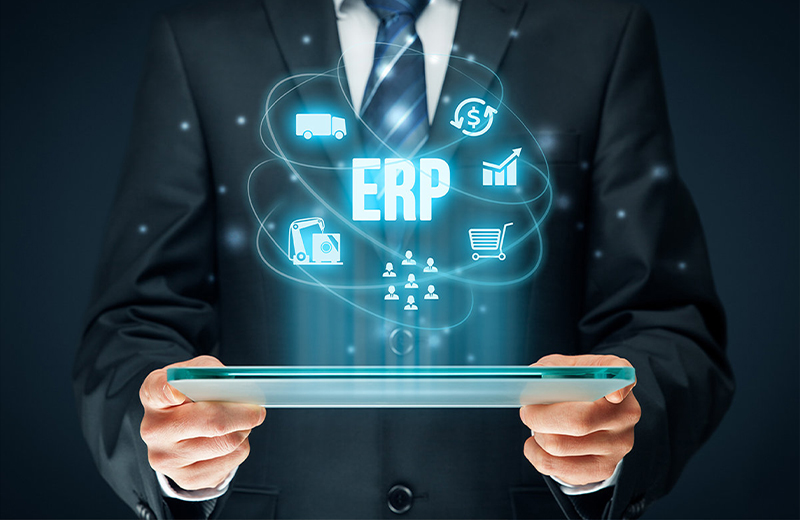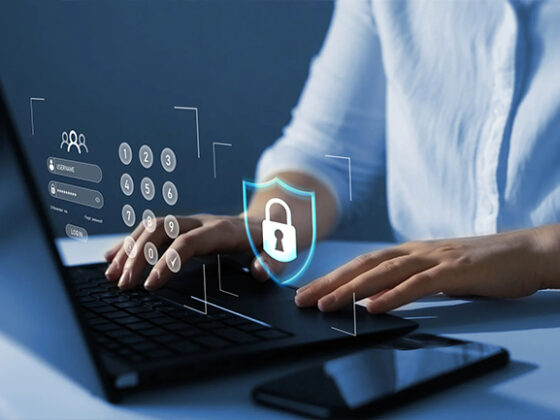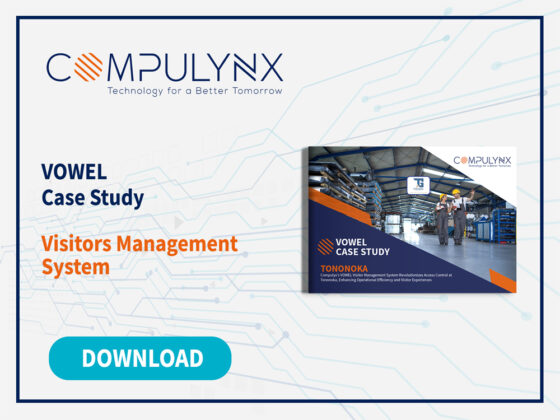The retail industry is one of the quick-growing sectors across East Africa right now. But as the sector flourishes, so do the headache in managing it. The retail sector is made up of a series of sub-sectors and managing them efficiently is crucial to maintain or increase profits. And that is where the ERP system comes in.
Enterprise Resource Planning (ERP) system allows you to manage the resources of your organization with ease and simplicity. The system integrates all of the different aspects of your business including handling multi-location stores, frequently moving stocks, pricing changes, discount offers on products, and much more. All these could be lengthy and complicated procedures if done manually, however, ERP software provides quick, simple, and reliable management solution needed to run businesses more efficiently.
Enterprise resource planning (ERP) systems can provide immeasurable benefits to your business. Let’s look at five core benefits:
- Enhanced Inventory Control
ERP systems are particularly useful when it comes to keeping track of inventory, orders, supply chains, and services. Every item and resource can be followed from start to finish. This controls situations in which orders get lost or shipped incorrectly, or when manufacturing gets held up from lack of supply or people-power.
Nothing gets lost in the shuffle. This saves you time, money, and aggravation.
- Point of Sale System
Point of Sale system (POS) has become increasingly vital in the retail industry. POS system is basically a system that oversees the transactions happening in any retail outlet. A major advantage of the POS system is that it automatically feeds the transaction details into the system, thus eliminating the need for extra effort and the scope of human errors.
ERP tools now come integrated with the POS system (both hardware and software), which is a big reason behind real-time data. In simple words, ERP takes the advantage of POS system one step further and all transactional data is reflected immediately not just in the retail outlets, but in the central ERP tool too.
- Provides Seamless Integration
A successful and competent ERP solution uses an integrated centralized database that supports all core processes of a business. Having seamless integration within an organization allows for greater sharing of ideas, coherent decision-making, and improves customer experiences. It also helps with informed (and better) decision-making.
- Customer Service
Customers should be able to place orders more easily and even track other orders’ progress by themselves with an effective enterprise resource planning program. Should any issue occur or they wish to amend their order they will know who to contact and how.
ERP can be used to oversee customer interaction, information, and history. This means sales teams are better equipped to interact with customers–even preparing solutions for customers before the customer is even aware they’re needed.
- Inventory Management
When running a retail business, inventory management is extremely important, helping ensure you have the necessary products stocked to meet customer demand. Both too much and too little stock can cause financial problems, as well as not having a transparent view of where stock is located in your business.
Through the use of ERP software and stock control solutions, you know exactly what’s in your inventory, and where. This specialized software will also enable you to track trends and make long-term forecasts based on historical data
In conclusion, ERP software helps the retail industry to manage their retail businesses in a much more effective and efficient manner by providing consistent information flow. ERP has become an indispensable tool for retailers to increase profits and sales.
By Carolyne Rabut
Content Marketing – CompuLynx




